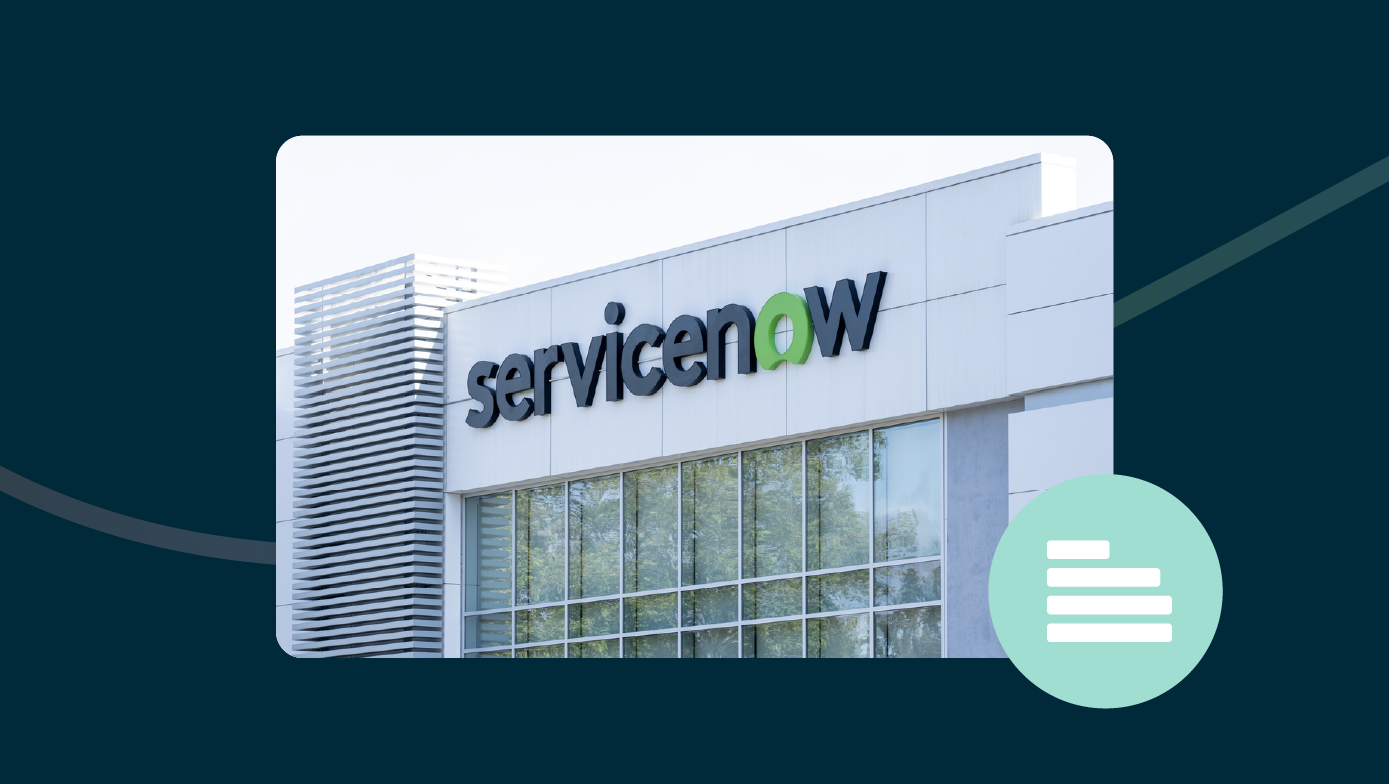The global shift to hybrid workplaces is transforming corporate real estate (CRE). As organizations balance flexible work models with the evolving needs of employees, the role of the physical office is being redefined. In a recent conversation on the Flexible Office Economy podcast, Robert Teed, Vice President of Corporate Services at ServiceNow, shared his forward-thinking perspectives on the future of CRE, hybrid workplaces, and fostering culture in a distributed workforce.
Senior executives, particularly those in corporate real estate, faced unprecedented challenges during the pandemic. The abrupt shift to remote work dismantled long-held assumptions about the necessity of physical offices, forcing CRE leaders to rethink the role of workplaces in fostering culture, productivity, and collaboration. Teed’s insights delve into these transformations and highlight emerging opportunities for CRE professionals, providing a nuanced view of what lies ahead.
What did we learn from the pandemic?
“One of the big learnings is that we may have misunderstood the role the physical workplace plays in the employee experience and productivity and engagement.”
Before the pandemic, many believed that culture, productivity, and collaboration were inextricably tied to physical office spaces. The sudden shift to remote work in 2020 disproved these assumptions.
-
Culture and productivity proved they could thrive in alternative environments.
-
This realization challenged the traditional notion that the physical office was indispensable.
-
Teed’s insights suggest that the pandemic offered an opportunity to rethink these core ideas, helping businesses evolve.
What’s the future of the CRE portfolio?
“There’s still a lot to figure out. We don’t know what employee behaviors are going to be yet, so before we make drastic proclamations about real estate and portfolio, we need to really understand what behaviors are going to show up.”
As organizations adapt to hybrid work models, CRE portfolios are poised for transformation:
-
While some predict dramatic reductions in office space, Teed anticipates a more measured shift.
-
Companies are likely to adopt flexible office concepts, integrating dynamic solutions into traditional portfolios.
-
Rather than shrinking entirely, portfolios will be resized and rethought to balance flexibility and functionality.
What is your view on the hybrid workplace?
“The premise I’ve been embracing is that the power to choose where the knowledge worker works has shifted from my employer to me.”
The pandemic shifted the balance of power, empowering employees to choose their work environments:
-
Hybrid workplaces must provide autonomy while ensuring collaboration and productivity.
-
Robust technology platforms will be essential for enabling seamless communication across distributed teams.
-
Managers will need to build trust and create clarity around expectations and workflows, ensuring the hybrid model succeeds.
How will company culture evolve?
“You’ve got to think about culture differently. It’s not just something physical. It’s experiential. It’s something people feel.”
Company culture must adapt to a more distributed workforce:
-
Culture is no longer confined to physical spaces but extends into experiences and emotional connections.
-
A sense of belonging and shared purpose becomes even more critical.
-
Legacy views of culture tied solely to the office environment are being redefined, opening opportunities to engage employees in innovative ways.
What role will flexible offices play?
“We need to take the workplace to where people are, not take people to where the workplace is.”
Flexible offices are central to the future of hybrid work:
-
Organizations are prioritizing accessibility, with flexible office solutions addressing the needs of dispersed teams.
-
Suburban and regional locations are emerging as key hubs for flexible office development.
-
Platforms like LiquidSpace provide seamless access to diverse workspaces, allowing companies to manage flexible options efficiently while maintaining consistent standards.
“We’re no longer going to pick up the phone and call one operator. We’re going to want access to many different operators and operate from a position of standards and guidelines.”
Flexible office solutions must ensure:
-
Security, safety, and access to essential amenities.
-
A focus on providing high-quality, consistent employee experiences.
-
Scalability and choice to meet the evolving needs of a distributed workforce.




